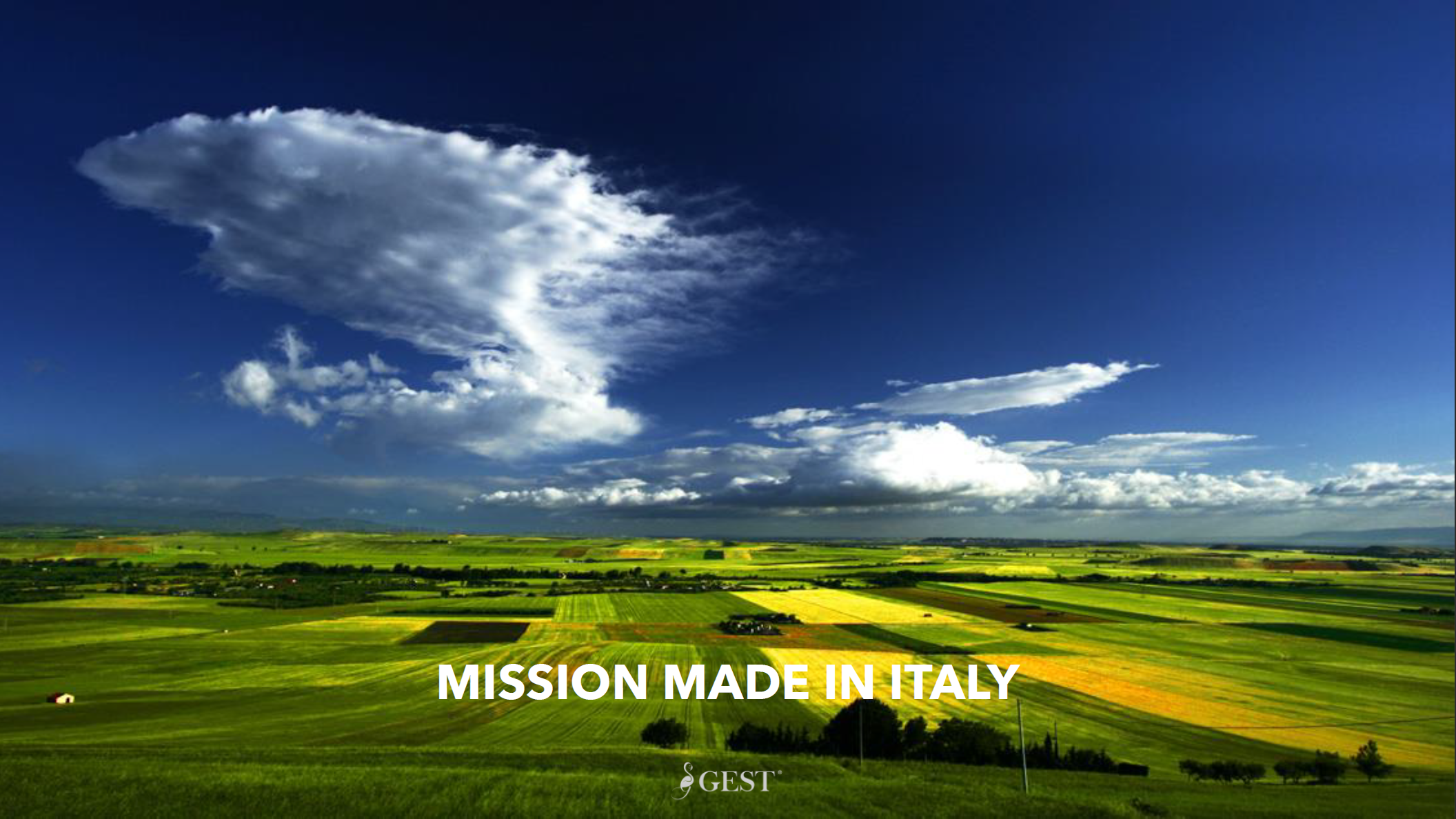The purchase of GEST's Security Tokens (STO), will support the company's industrial expansion plan, which plans to increase the cultivated area in Italy to at least 500 hectares and equip itself with plants to transform directly on site, the cotton harvested from the plant, into processable fiber, so as to reduce costs and increase margins on the finished product..

GEST has also decided to take an innovative path in terms of raising capital. The company has decided to tokenize its project to complete the supply chain, thus allowing potential investors of all kinds to acquire a stake in a fast-growing project, which with the increase in cultivated area and the optimization of production processes, can generate in the MID TERM a business worth 50 billion euros, with an average margin of 50 percent
GEST, a pioneer company in the Made in Italy production of organic cotton supply chain, demonstrates how the cultivation of this fiber is possible in our country, from planting to the production and packaging of finished garments.
Trends among consumers and fashion houses, who are increasingly sensitive to the environmental and social sustainability of their products, mean that demand for organic cotton is on the rise. Some market research estimates demand growth of 40 percent annually (Fortune Bussiness Insight).
GEST, taking advantage of the ideal climate in some Italian regions and using innovative, low-impact cultivation methods, produces GOTS-certified organic cotton of the highest quality.
Currently, the majority of cotton used in the world comes from non-EU countries such as India and China. In this context, Italy is not even among the top three European countries in terms of cotton-growing area.
Until the arrival of GEST, there had not been a cotton supply chain in Italy since the postwar period-a paradoxical situation for a country with a thousand-year history in the field of textile production and an internationally recognized vocation for fashion and quality products
Only for profiled investors
Investing in an STO is equivalent to investing in the regulated market, so we strongly recommend reading the relevant documentation before investing.
Kyubex provides the technological infrastructure, investments are structured by external professionals with appropriate licences.
Each project undergoes due diligence, before accessing financial material you must complete the kyubex profile registration and complete the KYC and KYT procedures.
Corriere: Cotone, la filiera del Sud per la moda del Nord: l’alleanza tra Gest e Albini
Articolo Originale
MF: In Puglia la prima filiera del cotone italiana al 100%
Articolo Originale
In 2019 two Gargano entrepreneurs, coming from different working backgrounds, decide to enter the world of clothing and try their hand at producing haute couture shirts. This is an absolutely pioneering activity on the Apulian promontory, thanks to their know-how and technology, they create haute couture shirts, with numerous handmade steps and with fine fabrics. A successful product. But Pietro and Michele have no intention to feel that they have arrived, despite their early successes and the popularity of their productions.
During the lockdown, in fact, they decided to self-cultivate the raw material, the cotton that no one in Italy cultivates, but which abroad represents a good source of income. With the support of Demetrio, an international textile expert, they procured the seeds and started an experimental cultivation on 3 hectares of land between San Marco and San Severo.
Media interest in this revolutionary and completely made in Italy project grows day by day and thanks to a long-term vision, the perimeter is getting bigger and bigger with the addition of an agrovoltaic project and wine production.
Until the 1970s, cotton was still being produced in Sicily, and in Capitanata, the northern part of Puglia, then cultivation was discontinued or were dedicated to the cultivation of cereals, wheat, tomatoes and sugar beet.
From the cultivation of the first Italian cotton in 2020 to the goal of 500 hectares of cultivation to create an integrated ecosystem capable of self-producing green energy green and minimise environmental impact.